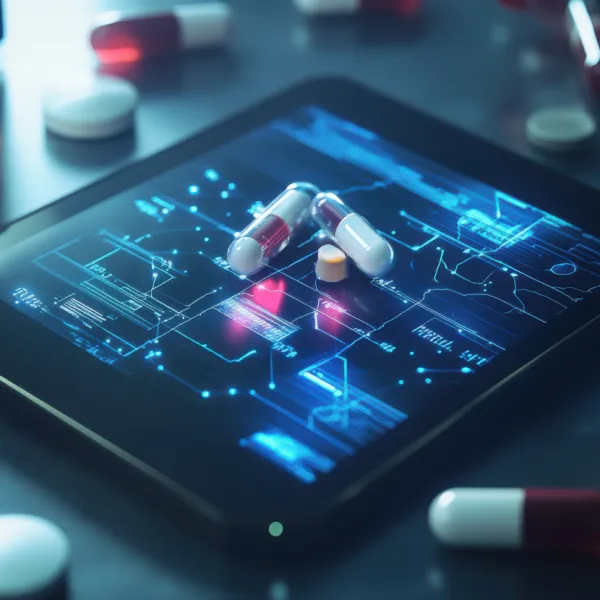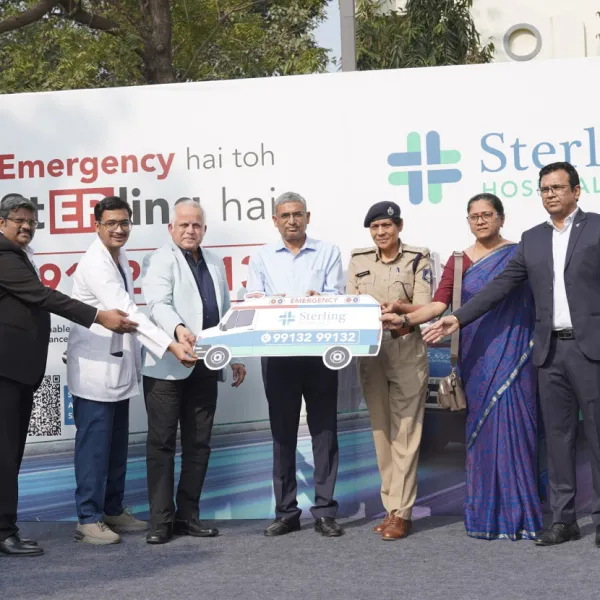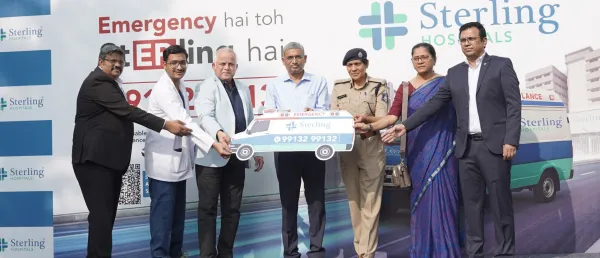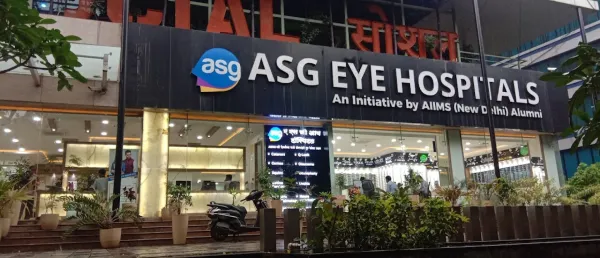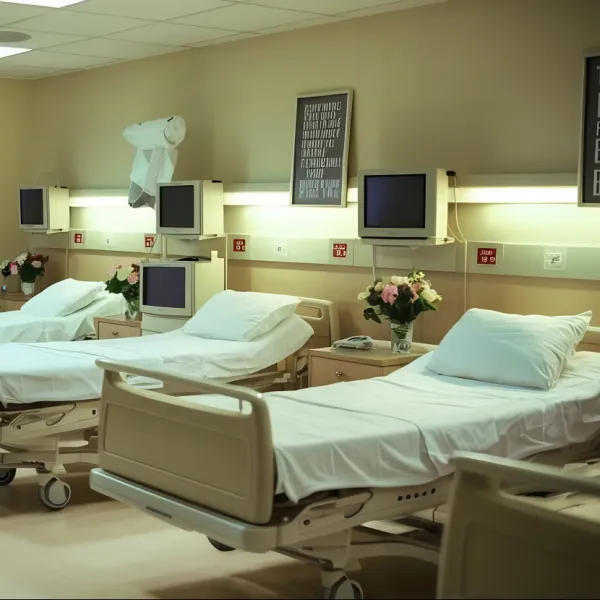Innominds & SCIINV Biosciences Launch AI-powered Tool to Combat AMR

This latest AI-powered tool aims to enhance the detection and treatment of antibiotic-resistant infections, bypassing the need for traditional culture methods.
US-based Innominds, a digital transformation and product engineering company, has partnered with Hyderabad-based SCIINV Biosciences to launch AMRx, an AI/ML-driven digital diagnostic tool designed to tackle antimicrobial resistance (AMR).
This latest AI-powered tool aims to enhance the detection and treatment of antibiotic-resistant infections, bypassing the need for traditional culture methods.
Sharing insights, Ravi Meduri, executive VP, Digital and IP Solutions at Innominds, said, “Innominds aims to leverage technology to solve some of the world's most pressing healthcare challenges.”
He emphasized that the partnership with SCIINV Biosciences and the development of AMRx are crucial steps in the mission to combat antimicrobial resistance and enhance patient care globally.
The World Health Organization (WHO) has classified AMR as one of the top ten global health threats. In 2019, AMR was responsible for an estimated 1.2 million deaths worldwide.
By 2050, it is projected that AMR-related fatalities could reach 10 million annually, equating to one death every 45 seconds from an antibiotic-resistant infection. These figures underscore the urgent need for effective solutions to combat AMR.
Key Features of AMRx
AMRx, developed collaboratively by Innominds and SCIINV Biosciences, leverages AI and ML to predict urinary tract infections (UTIs) and identify antibiotic resistance patterns based on patient clinical history.
This technology provides a culture-free method of diagnosing infections, saving time and resources, especially in areas with limited medical infrastructure.
Additionally, the key features of AMRx include its ability to predict UTIs and determine the causative organisms without relying on traditional cultures. This can streamline the diagnostic process and reduce unnecessary clinical investigations.
Also, AMRx can support clinical decision-making by providing healthcare professionals with accurate data for empirical antibiotic prescriptions, potentially improving treatment outcomes.
Early diagnosis and treatment of infections are critical for enhancing patient outcomes and curbing the spread of antibiotic-resistant bacteria. AMRx's capability to deliver timely and precise diagnoses can play a significant role in achieving these objectives.
Further, implementing such technology could also reduce the burdens associated with manual record-keeping and traditional diagnostic methods, thereby improving healthcare efficiency.
Highlighting the inadequacy of traditional methods in combating the rapid spread of antimicrobial resistance, prof Ranga Reddy Burri, advisor at SCIINV Biosciences and president of the Infection Control Academy of India, said, “Advanced digital technologies like AI and machine learning are essential in creating new diagnostic tools and therapeutic solutions.”
According to him, innovative and scalable digital diagnostic tools are vital in addressing AMR and other significant health challenges.
Collaboration in AI & Healthcare
In a related development, HOYA Group Company, PENTAX of America (PENTAX Medical, a division of HOYA Group), and MAGENTIQ-EYE, an AI-based medical device company, planned to partner in AI in gastroenterology. They intend to explore further collaborations and strategic partnerships.
Pending field trials and customer demonstrations over the next several months, the companies expect to formalize an agreement as a first step in this partnership.
PENTAX Medical will distribute the MAGENTIQ-COLO AI-assisted lesion detection device in the US starting October 1st, 2024. With AI and ML integration, this tool offers a solution to a critical global health challenge.
Stay tuned for more such updates on Digital Health News













